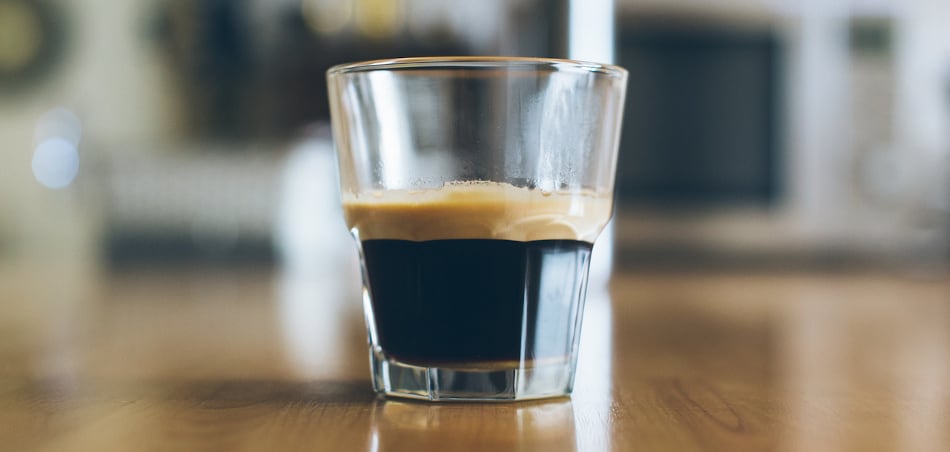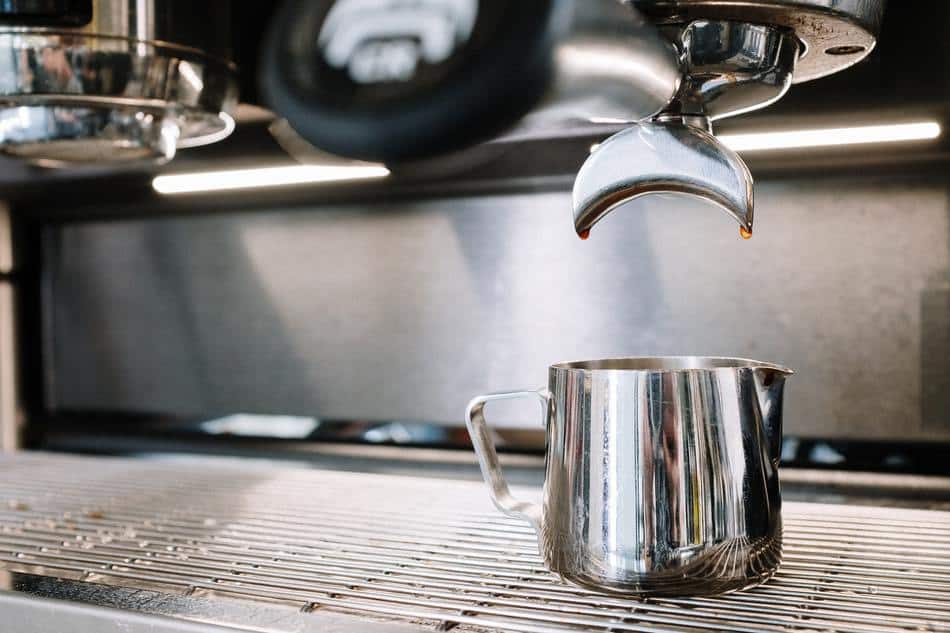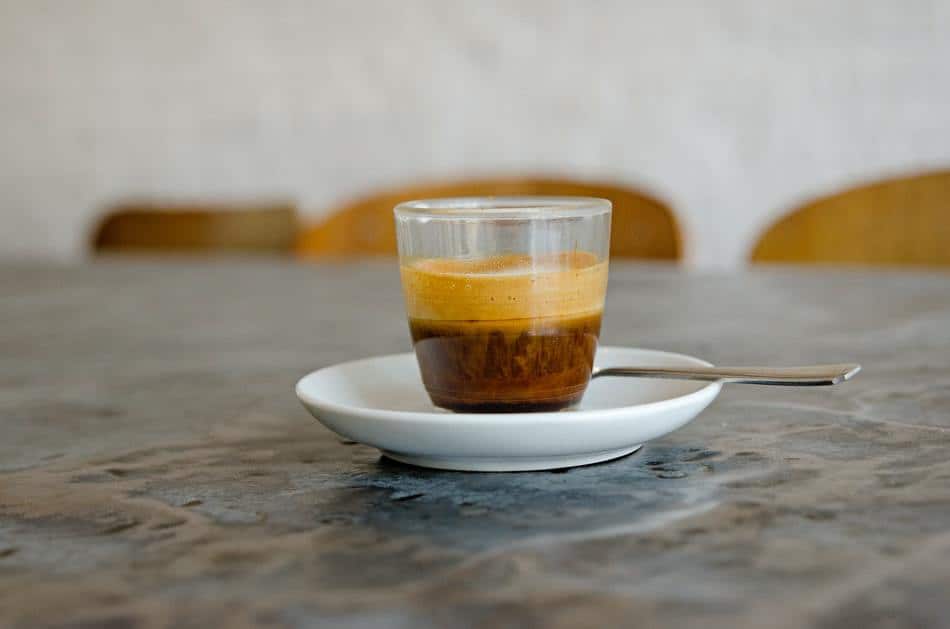Espresso has always been one of the staples in a coffee lover’s menu because it forms the base of most, if not all, types of coffee out there. So, for those who want to make their coffee, making your espresso should be a fundamental skill to master. But when you are tasting your espresso, you need to be particular with its flavor. While tasting it, you may begin to ask if espresso is supposed to be bitter.
We often associated coffee with bitterness, but your espresso should not be bitter. If your espresso is bitter, you might have made a mistake, such as extracting too much coffee from the beans. Simultaneously, your espresso shouldn’t be sour; it would mean that it is under-extracted.
We may usually think that coffee should be bitter because many of us are accustomed to commercial coffee. Still, the truth is that espresso shouldn’t be too bitter if you want to make sure that you get the flavor right. That’s why knowing more about espresso should help clear things up for you.

Is espresso supposed to be bitter?
When you think about coffee, you would most likely think of that dark bitter liquid that helps keep you up late at night and wakes you up early in the morning. Coffee has always been the best friend for many busy people nowadays and has become a sort of culture. Many different coffee connoisseurs have risen to brew their espresso.
So, if you happened to be a beginner in the field and you just bought your first espresso machine, you should know that there are plenty of things you need to know first. Chief of them all knows that a shot of espresso shouldn’t be bitter even though you may think that coffee is supposed to be bitter. And in truth, espresso isn’t even prepared in the same way as your usual coffee is.
When you are using a special espresso machine and using it correctly, what happens here is that all of the 800 aromatic compounds found in coffee are extracted into that single shot of espresso. These aromatic compounds are responsible for giving espresso its unique taste and aroma in comparison to conventional coffee. All this is done without including the tannic acid responsible for the bitter taste that coffee is usually associated.
So, when you think about it, espresso is a special type of coffee preparation that allows you to extract most of the flavorful compounds you can find in roasted coffee beans, all without the bitter taste. That’s why you need a special espresso machine, and you need to have a bit of experience in preparing espresso so that you can actually get the procedure right.
But if you happened to have included that bitter taste in your espresso shot, that could only mean that you didn’t do things exactly well and that you have over-extracted the coffee beans to the point that the tannic acid has already seeped into your shot of espresso alongside all of the different aromatic compounds.

How do you make espresso less bitter?
Again, when your espresso tastes bitter or when the bitterness is a bit too overlapping, that means that you have extracted too much from the coffee beans while you were preparing your espresso. So, in other words, the best way to make sure that your espresso doesn’t have that lingering and overpowering bitter taste is to make sure that you do not allow the coffee to be over-extracted, or else the tannic acid would find its way into your espresso.
The process of making espresso involves having hot water passing through your coffee grounds quickly to extract the different aromatic compounds found in coffee. But if the hot water passes through them for long periods, that is when the water will begin to include the bitter compounds as well.
As a general rule of thumb, you should make sure that you get the timing right whenever you make espresso if you don’t want it to become bitter. So, in that case, see to it that you only use up 20 to 30 seconds when preparing your espresso. Anything longer than that might make your shot a bit more bitter than what you intended because of how the ground coffee was over-extracted.
However, at the same time, it is also crucial that you don’t let your espresso come out quicker than 20 seconds. If you prepare your espresso rather quickly, this means that you do not include some of the aromatic compounds into your espresso. As such, the flavor will be different, and the shot would end up becoming too acidic and too sour for your taste instead of including that bold flavor and that hint of bitterness that espresso should have.
As such, it is crucial that you make sure that you are just timing things right if you don’t want your espresso to come out too bitter or too sour for your taste. Keep things somewhere between 20 and 30 seconds if you want that perfect shot of espresso.
Still, there are also other factors that come into play when you talk about the flavor of your espresso. You also have to consider how coarse or how fine your grind is.
So, in that regard, if you don’t want the hot water to stay too long with the grind, you have to make sure that your coffee isn’t too fine, or else it will make it more difficult for the water to pass through the grind. This means that the water will be able to extract more from the coffee.
Meanwhile, if the grind is too coarse, it will make it easier for the water to pass through the grind, but it might stay with the coffee too long for the water to extract the essential compounds to make a perfect shot of espresso. That’s why you may want to make sure that you ground your coffee a bit coarser and less fine so that you are going to get that perfect shot within that 20 to the 30-second timeframe.
Other factors that come into play in determining how bitter your espresso shot is included water temperature (about 94 degrees C or 200 degrees F), the staleness of the coffee beans, and the maintenance of your espresso machine. If you are not using the right water temperature or if your coffee beans are stale, then there is a good chance that your espresso would come out with that bitter taste. Of course, you also have to make sure that your espresso machine is maintained well enough to make sure no burnt coffee grounds are building up to affect the flavor of your espresso.

Is espresso less bitter than coffee?
When it comes to taste, there is a difference between espresso and coffee, even though some people may think that the difference lies in the caffeine and not in flavor. But the truth is that the flavor is what makes the real difference between the two.
Espresso, when done right, should come out with a well-rounded and full flavor that is intense, rich, and dark because of how the process of extracting the espresso involves extracting most of the flavorful compounds that you can find in coffee. You should also actually taste a bit of sweetness and creaminess in espresso.
Meanwhile, coffee should be a bit more bitter than espresso because of how intense its flavor should be. Coffee should be cleaner in terms of taste. Its flavor should be a lot smoother than espresso despite its carries that bitterness that isn’t always present in a shot of espresso.
How should a good espresso shot taste?
When properly made, a good shot of espresso should come with a well-rounded flavor that is complete with a ton of notes coming from all sorts of different taste profiles. That means that espresso should have a full and intensely rich flavor complemented by notes of sweetness and creaminess. In short, it should be able to leave a caramel-like aftertaste that you probably wouldn’t get from a regular cup of drip coffee.
While espresso should still come with a bit of bitterness, that should not overpower the other flavors. What you should never confuse is bitterness with is acidity. Espresso should still come with that acidity, but the acidity is a flavor associated with sharpness and vibrancy that may come at you quickly. As such, when you get that hint of acidity in your espresso, it should be a good shot; but also take note that too much acidity may mean that you under-extracted your espresso.
